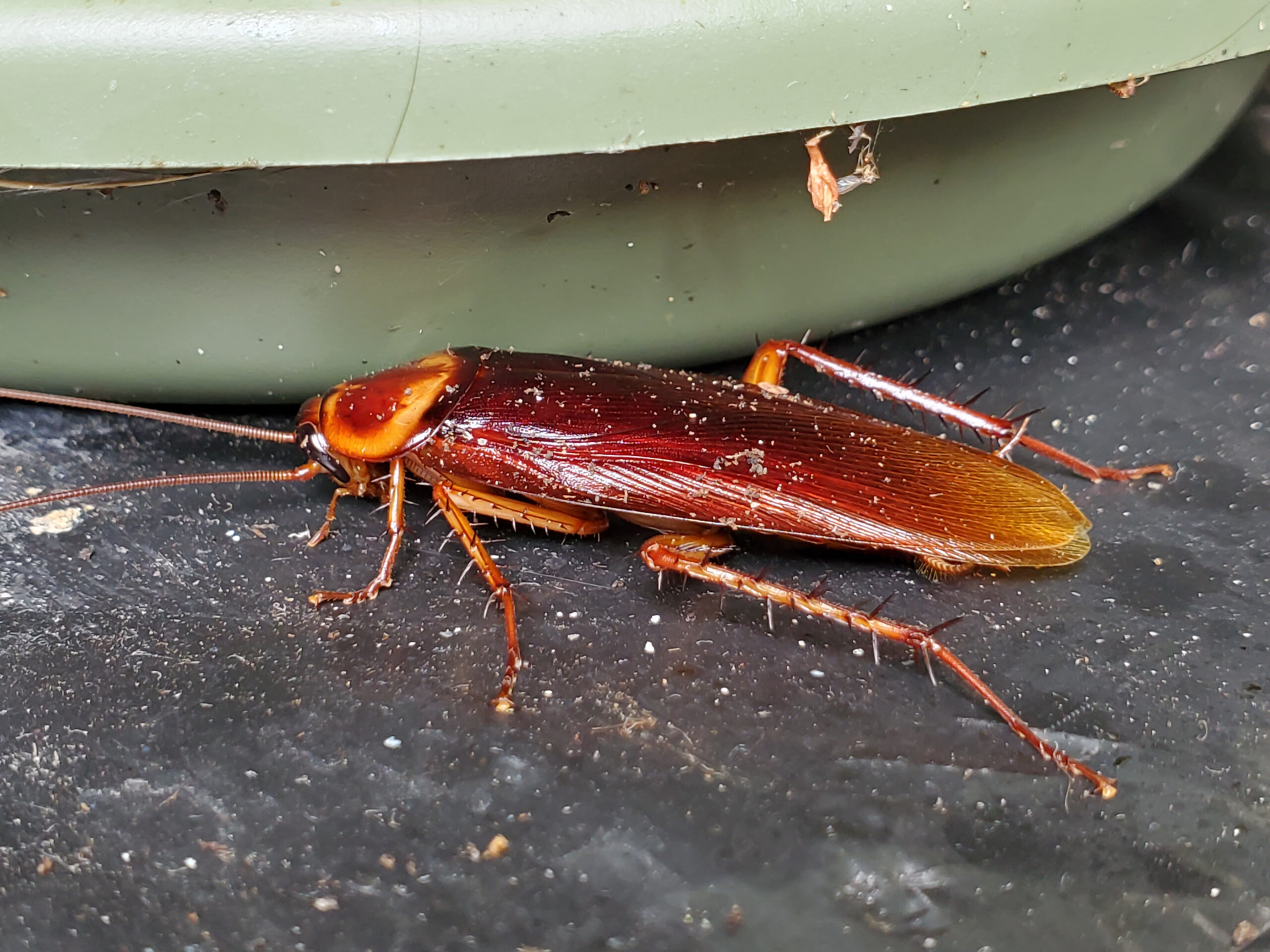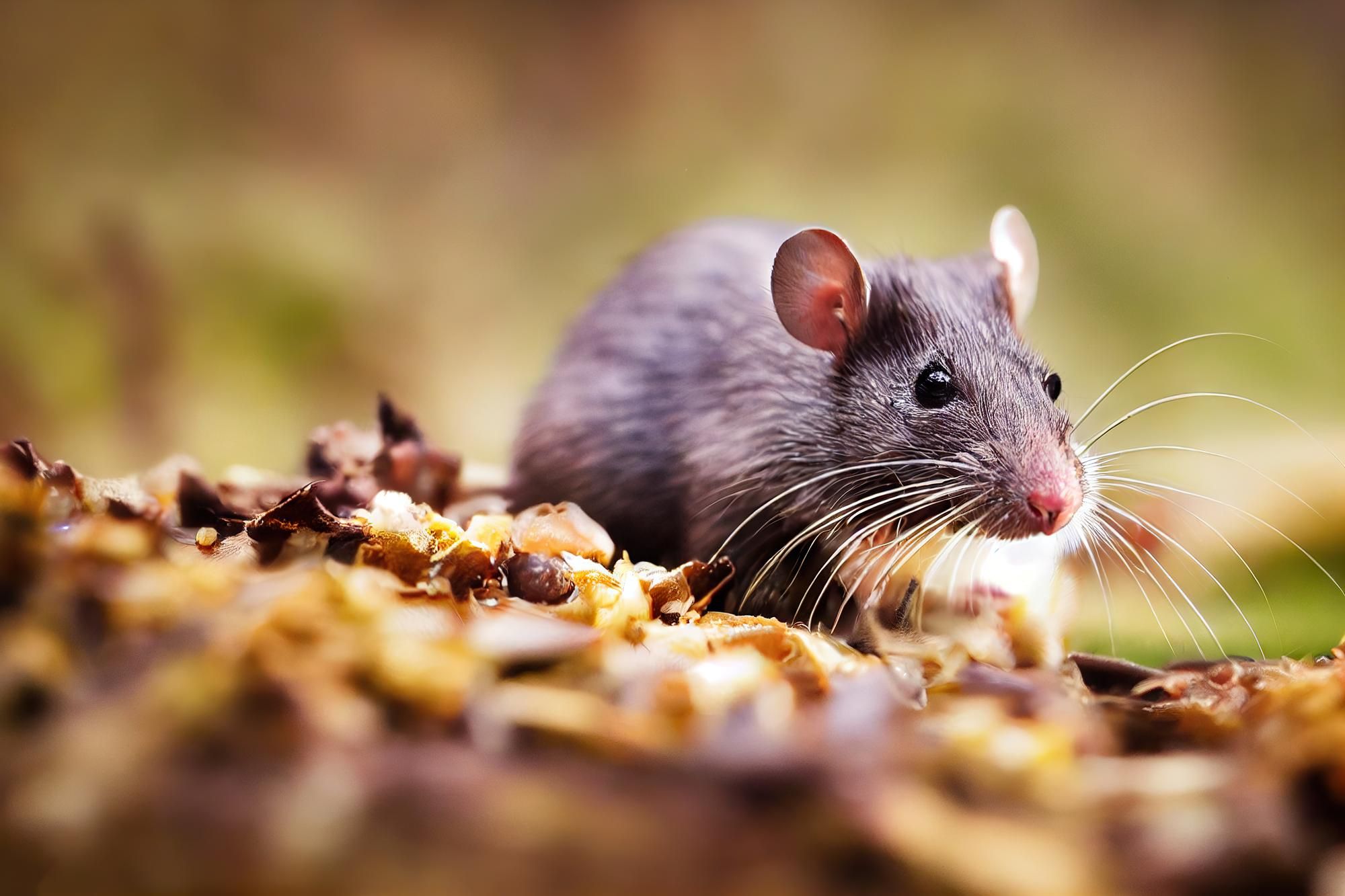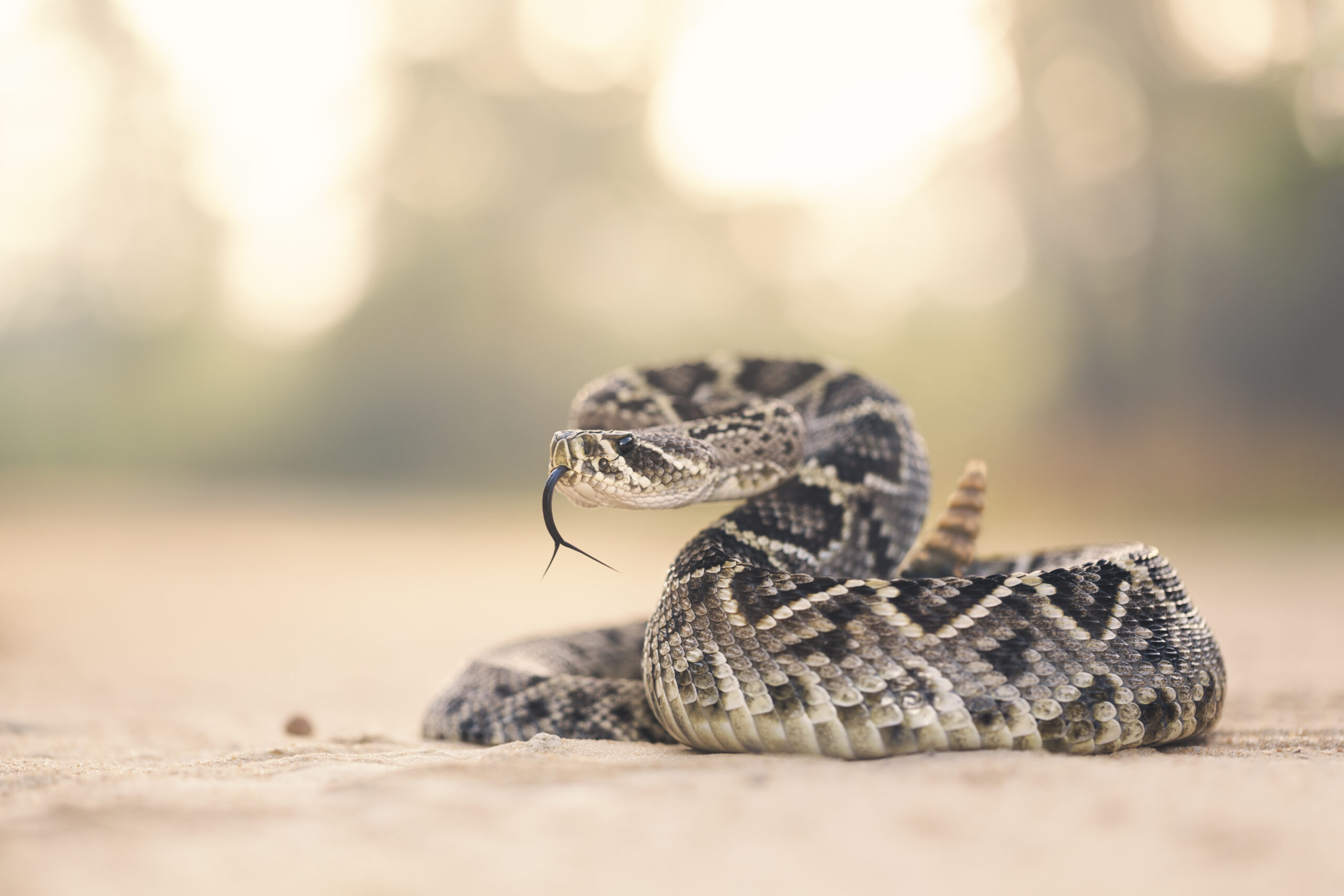Welcome to our blog post on “The Unsettling Impact of Roaches in Jacksonville, Florida: Understanding the City’s Battle Against Pests.” Nestled along Florida’s northeastern coast, Jacksonville boasts beautiful beaches, vibrant neighborhoods, and a thriving urban landscape. However, beneath the surface, this bustling city faces a persistent problem that unnerves residents and poses significant challenges for public health, the economy, and overall quality of life – roach infestations.
Roaches, those elusive and resilient creatures, have found a home in Jacksonville’s warm and humid climate. Their unwelcome presence has far-reaching consequences, extending beyond mere annoyance. In this blog post, we delve into the biology and behavior of roaches, uncover the public health concerns associated with their infestations, examine the economic implications they bring, and explore the environmental impact they have on the city.
Moreover, we’ll shed light on Jacksonville’s response to this ongoing battle against roaches, highlighting the city’s efforts, collaborations, success stories, and ongoing challenges. We’ll also provide you with practical tips for prevention and control, empowering you to protect your home and community.
By understanding the unsettling impact of roaches and the city’s proactive measures, we can work together to create a roach-free Jacksonville, where residents and visitors can enjoy a healthier and more harmonious environment.
Join us on this informative journey as we uncover the intricacies of the roach problem in Jacksonville, Florida, and explore the measures being taken to combat this pervasive pest infestation.
Significance Of The Roach Issue In Jacksonville
The significance of the roach infestation issue in Jacksonville, Florida cannot be understated. Beyond being a nuisance, roaches pose significant risks to public health, the local economy, and the overall quality of life in the city.
Roaches are known carriers of various diseases and pathogens, including Salmonella, E. coli, and allergens that can trigger asthma and allergies in susceptible individuals. These health risks are particularly concerning in a city where warm weather and humidity create an ideal breeding ground for roaches.
Furthermore, roach infestations can cause extensive damage to residential and commercial properties, leading to costly repairs and decreasing property values. The impact on the local tourism and hospitality industry is also significant, as visitors and potential residents may be deterred by the presence of roaches.
It is essential to address this issue head-on, taking proactive measures to combat roach infestations and safeguard the well-being and prosperity of Jacksonville’s residents and businesses.
Identification Of Common Roach Species Found In Jacksonville
In Jacksonville, Florida, several common species of roaches can be found, each with its distinct characteristics and behavior.
The American cockroach (Periplaneta americana) is one prevalent species known for its large size and reddish-brown coloration. These roaches are primarily outdoor dwellers but can enter homes and buildings seeking food and shelter.
The German cockroach (Blattella germanica) is another common species, typically smaller in size and light brown or tan in color. Unlike American cockroaches, German roaches are excellent climbers and prefer to live in warm and moist indoor environments, such as kitchens and bathrooms.
Additionally, the smokybrown cockroach (Periplaneta fuliginosa) and the brown-banded cockroach (Supella longipalpa) are also encountered in Jacksonville, each with its unique habits and habitats. Identifying these roach species is crucial for effective pest management and implementing targeted control strategies tailored to the specific characteristics and behavior of each species.
Factors Contributing To Roach Infestations In The Jacksonville
Several factors contribute to roach infestations in Jacksonville, Florida. First and foremost, the city’s warm and humid climate creates an ideal environment for roaches to thrive.
Roaches are attracted to areas with consistent moisture levels, and the subtropical climate of Jacksonville provides ample opportunities for their proliferation. Additionally, inadequate sanitation practices can contribute to roach infestations. Roaches are attracted to food sources, including crumbs, spills, and improperly stored garbage.
Therefore, poor sanitation in residential and commercial spaces can attract and sustain roach populations. Furthermore, gaps and cracks in buildings provide roaches with entry points into homes and structures. Jacksonville’s older buildings and infrastructure may have structural vulnerabilities that facilitate roach access.
Finally, roach infestations can spread easily from neighboring properties. If one household or building in a community has a roach problem, it can quickly spread to nearby areas, making vigilance and collaborative efforts crucial in combating infestations city-wide.
By addressing these contributing factors, Jacksonville can make significant strides in reducing roach infestations and creating a more pest-resistant environment.
Public Health Concerns
Roach infestations in Jacksonville pose significant public health concerns. Roaches are known carriers of various pathogens and bacteria, including Salmonella, E. coli, and other harmful microorganisms.
These pests can contaminate food, utensils, and surfaces with their feces, saliva, and shed body parts, leading to the spread of diseases. Ingesting food or coming into contact with contaminated surfaces can result in food poisoning, gastrointestinal issues, and other illnesses.
Furthermore, roach infestations can trigger allergies and asthma attacks, particularly in individuals who are sensitive to roach allergens. The allergens present in their saliva, feces, and shed skin can cause respiratory distress, coughing, wheezing, and skin irritations.
Vulnerable populations such as children, the elderly, and individuals with compromised immune systems are at higher risk of experiencing severe health effects due to roach infestations. Therefore, addressing roach infestations is crucial not only for the comfort and well-being of residents but also to safeguard public health in Jacksonville.
Economic Implications
Roach infestations in Jacksonville have significant economic implications for both residential and commercial properties. These pests can cause damage to structures, including chewing on electrical wiring, insulation, and even furniture. The cost of repairing and replacing damaged items can quickly accumulate, burdening homeowners and businesses alike.
Moreover, roach infestations can lead to financial losses in the hospitality and tourism industry. Visitors and potential residents may be deterred from staying in hotels, dining in restaurants, or conducting business in areas known for roach problems. The negative reputation associated with roach-infested establishments can result in decreased patronage and revenue. Additionally, businesses that handle food, such as restaurants and grocery stores, face the risk of health code violations and potential closure if roach infestations are not properly addressed.
The economic impact extends beyond individual establishments, affecting the overall economic growth and attractiveness of Jacksonville as a destination for residents, tourists, and businesses. By investing in effective roach control measures, the city can protect its economy and maintain a positive business environment.
Environmental Impact
Roach infestations in Jacksonville also have environmental implications that extend beyond the immediate concerns of public health and economic impact. Roaches are not native to the region, and their presence disrupts local ecosystems.
They compete with native species for resources and can prey upon smaller insects, potentially affecting the balance of local wildlife. Roaches are adaptable and resilient, enabling them to survive in various habitats and outcompete native species. Furthermore, the use of pesticides and chemical treatments to control roach populations can have unintended consequences on the environment.
These chemicals can potentially harm non-target organisms, pollute water sources, and contribute to soil degradation. To mitigate the environmental impact of roach control, it is essential to explore sustainable pest management methods that minimize harm to the ecosystem while effectively managing roach populations. Striking a balance between effective pest control and environmental preservation is crucial for the long-term well-being of Jacksonville’s diverse ecosystems.
Jacksonville’s Response to Roach Infestations
Jacksonville has taken proactive measures in response to roach infestations, recognizing the importance of addressing this issue for the well-being of its residents and the overall community. The city has implemented comprehensive pest control programs and initiatives that focus on prevention, education, and collaborative efforts.
Local government agencies work in conjunction with pest control professionals to identify areas of high infestation and develop targeted treatment plans. In addition to government-led efforts, community engagement plays a vital role. Jacksonville encourages residents and businesses to maintain cleanliness, practice proper sanitation, and promptly report roach infestations to relevant authorities.
Public awareness campaigns are conducted to educate the community about the risks associated with roaches and the importance of prevention measures. Collaborations between local government, businesses, and residents have resulted in success stories, with notable improvements in areas previously plagued by roach infestations.
However, ongoing challenges remain, requiring continuous efforts to ensure effective roach control and to maintain a healthy and roach-free environment for Jacksonville’s residents.
Tips for Roach Prevention and Control In Jacksonville, Florida
Prevention and control are key to combating roach infestations in Jacksonville. Here are some effective tips to help you keep roaches at bay:
- Maintain Cleanliness: Regularly clean your home, paying attention to areas where roaches might find food and water sources. Clean up spills promptly, keep countertops and floors free of crumbs, and securely store food in airtight containers.
- Eliminate Clutter: Roaches thrive in cluttered environments, so declutter your living spaces and remove unnecessary items that provide hiding places for roaches.
- Seal Entry Points: Inspect your home for any gaps, cracks, or openings that roaches could use to enter. Seal them with caulk or weatherstripping to deny roaches access.
- Remove Standing Water: Roaches are attracted to moisture, so fix any leaks or plumbing issues that can create standing water. Ensure proper drainage and keep your home dry.
- Proper Waste Management: Dispose of garbage regularly in tightly sealed bins. Clean your trash cans frequently and keep them away from the exterior of your home to deter roaches.
- Secure Exterior Perimeters: Trim bushes and trees away from your home’s exterior walls. Clean gutters to prevent moisture buildup and remove debris that could attract roaches.
- Use Roach Baits and Traps: Consider using roach baits and traps strategically placed in areas prone to infestation. These products can help control roach populations by luring and eliminating them.
- Seek Professional Assistance: If roach infestations persist despite your efforts, it may be necessary to enlist the help of professional pest control services. They have expertise in identifying roach hiding spots, implementing effective treatments, and providing long-term solutions.
By following these tips, you can significantly reduce the risk of roach infestations and create an environment that is less conducive to their survival. Taking a proactive approach to prevention and control is essential in maintaining a roach-free home in Jacksonville.
The Role of Community Engagement
Community engagement plays a crucial role in addressing roach infestations in Jacksonville. When residents, businesses, and local authorities come together, they can create a united front against roaches.
Community engagement initiatives involve raising awareness about the risks of roach infestations, educating residents on prevention measures, and encouraging proactive participation. Residents can actively report and seek assistance for roach problems, ensuring that infestations are addressed promptly.
Businesses can prioritize cleanliness and implement roach control measures to protect their customers and maintain a positive reputation. Local authorities can facilitate educational campaigns, provide resources, and collaborate with residents and businesses to develop effective strategies.
By fostering a sense of collective responsibility and promoting community engagement, Jacksonville can achieve greater success in battling roach infestations, creating a healthier and more resilient city for everyone to enjoy.
In conclusion, roach infestations in Jacksonville, Florida, have had a significant impact on public health, the economy, and the overall well-being of the city. The presence of roaches poses risks to public health, causing the transmission of diseases and triggering allergies and asthma.
The economic implications range from property damage to negative effects on the hospitality industry and tourism. However, Jacksonville has not been complacent in the face of this issue. The city has implemented various measures, including pest control programs, community engagement, and collaborations between government, businesses, and residents.
By working together, Jacksonville can strive for a roach-free future. It is imperative for residents and businesses to actively participate in prevention efforts, such as maintaining cleanliness, sealing entry points, and promptly reporting infestations.
With continued collaboration and vigilance, there is hope for a future with reduced roach infestations and improved public health in Jacksonville. Let us unite in the mission for a healthier, more pest-resistant city where residents and visitors can thrive.




